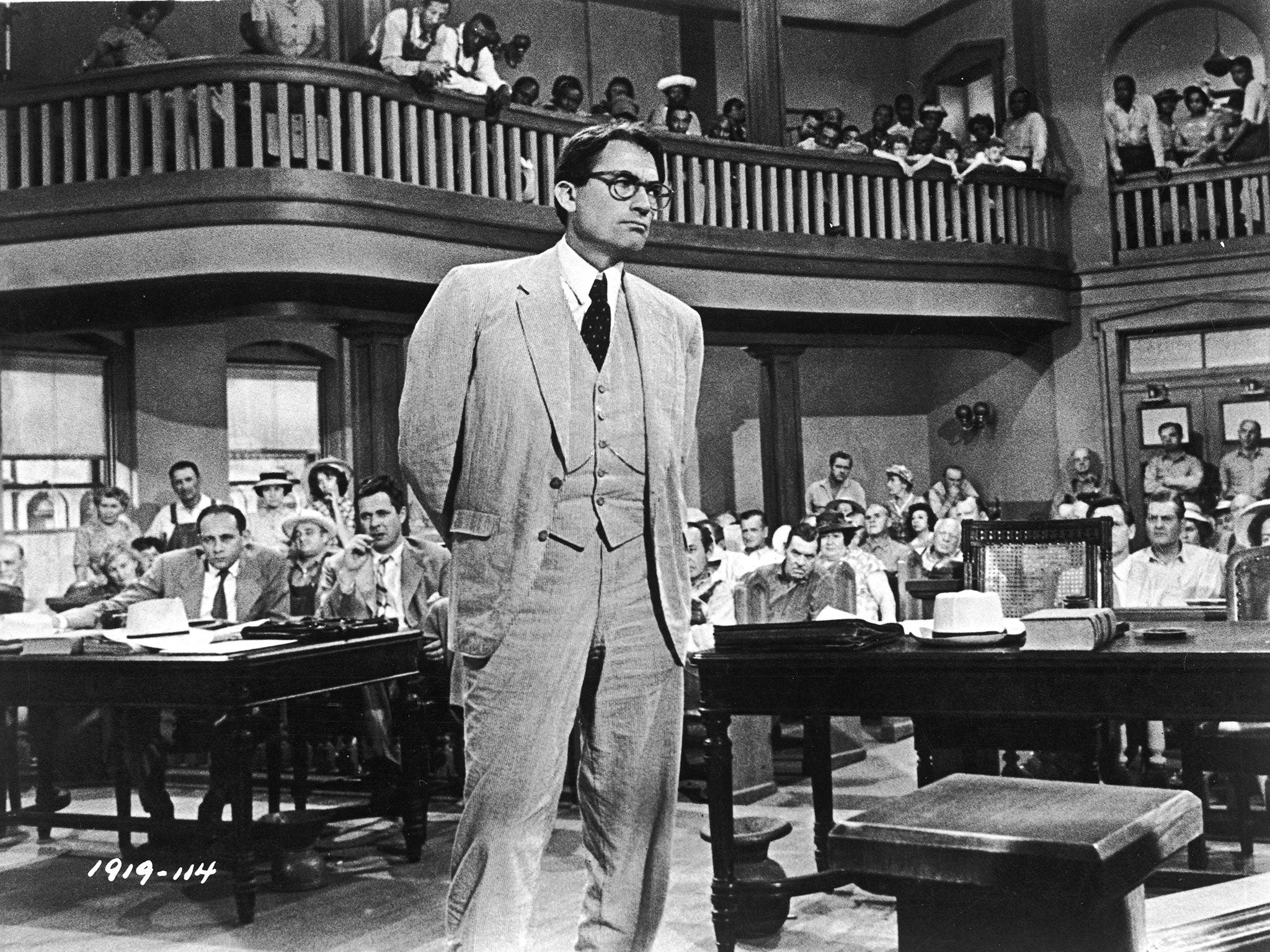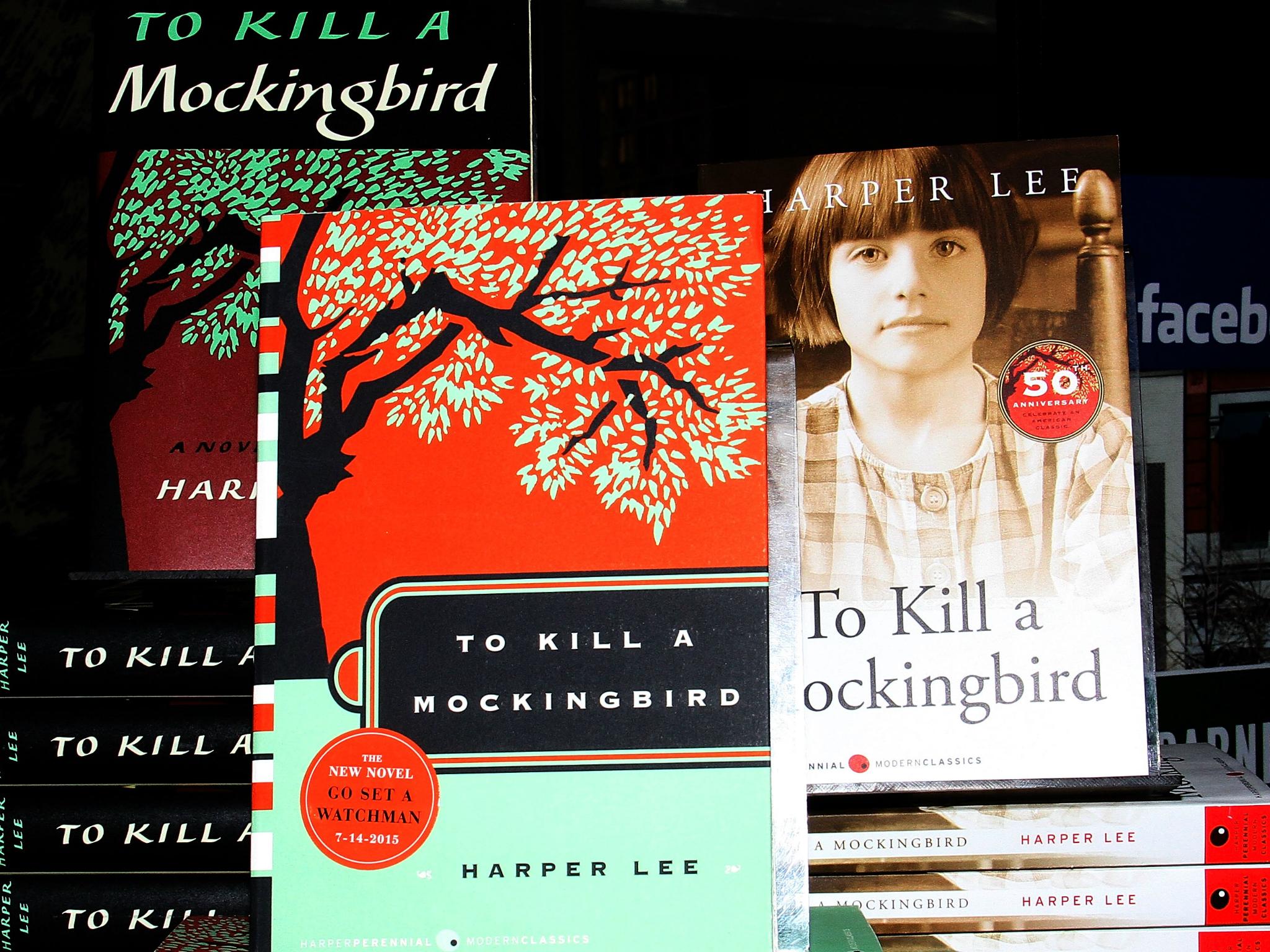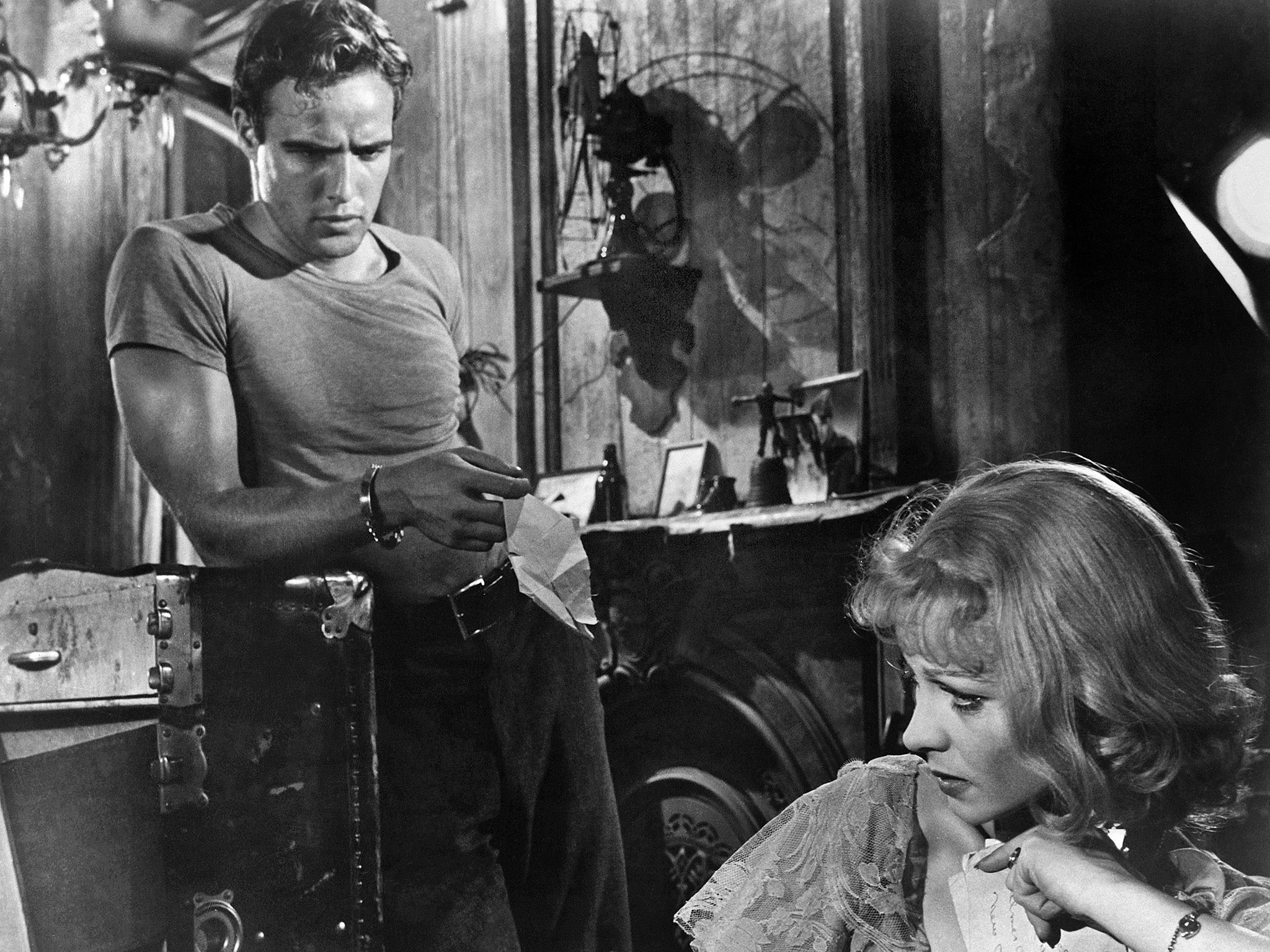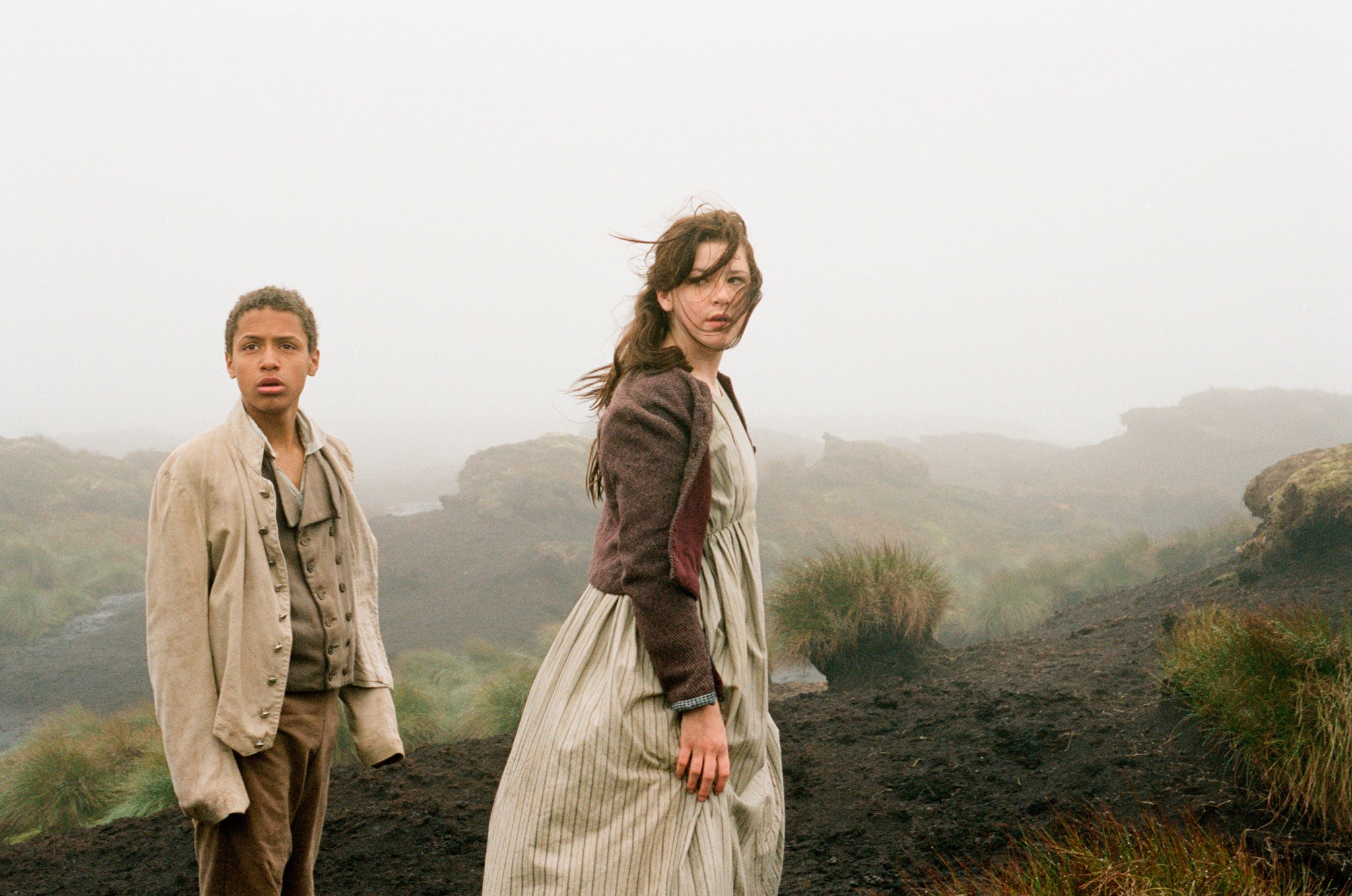National Curriculum at 30: Seven books our English teachers tortured us with
From An Inspector Calls to The Return of the Native, the set texts you longed to see burn

Your support helps us to tell the story
From reproductive rights to climate change to Big Tech, The Independent is on the ground when the story is developing. Whether it's investigating the financials of Elon Musk's pro-Trump PAC or producing our latest documentary, 'The A Word', which shines a light on the American women fighting for reproductive rights, we know how important it is to parse out the facts from the messaging.
At such a critical moment in US history, we need reporters on the ground. Your donation allows us to keep sending journalists to speak to both sides of the story.
The Independent is trusted by Americans across the entire political spectrum. And unlike many other quality news outlets, we choose not to lock Americans out of our reporting and analysis with paywalls. We believe quality journalism should be available to everyone, paid for by those who can afford it.
Your support makes all the difference.The National Curriculum was introduced 30 years ago this week.
Part of the Education Reform Act 1988, which was given royal assent on 29 July 1988, the legislation sought to standardise teaching in schools across England, Wales and Northern Ireland.
While the intention of ensuring students nationwide received instruction of even quality over the same modules was a noble one - making a pupil’s experience less of a lottery at the mercy of a particular teacher’s taste - critics of the curriculum argue that, in practice, repeating the same texts year after year can be a deadening business that does no one any favours.
Just ask John Keats or the Metaphysical poets.
With that in mind, here’s our round-up of the books most ill-used by English teachers and their classes alike.
To Kill a Mockingbird (1960)
This American favourite from Harper Lee addressed themes of race and injustice still pertinent in US society today and unquestionably deserves it places in the classroom.
Even students who do not pursue reading as a leisure activity after graduation remember Lee’s principled Alabama attorney Atticus Finch – seen through the eyes of his daughter Scout – as he comes to the aid of falsely accused black defendant Tom Robinson in the courtroom.

Memorably played on screen by Gregory Peck, the work is also earnest to a fault and, as propaganda for lawyers, deserves to be taken with more than just a pinch of salt.
Lord of the Flies (1954)
A novel with much to say about the innate barbarity of man, a subject with which its GCSE level readership should already have firsthand experience, William Golding’s work is bleak indeed and something of a slog.
But the tale of Ralph, Jack, Piggy and their classmates forming their own tribe on a desert island before tearing themselves apart in a fury of self-destructive occult violence might be repurposed as a Brexit allegory, I suppose.
A Streetcar Named Desire (1947)
Tennessee Williams’ operatic Southern Gothic melodrama concerns Blanche DuBois, an ageing and deeply delusional ex-belle, who arrives in New Orleans to stay with her tirelessly patient sister Stella, only to find herself at war with her brother-in-law, the brutish, resentful Stanley Kowalski.
Agreeably dark and even lurid at times, Streetcar was a safe choice for students due to its brooding adult themes and copious stage directions from the author, making it readily comprehensible and a neat introduction to stagecraft.

However, it was always utterly excruciating to read aloud from as a class exercise, putting already awkward adolescents under pressure to imitate Marlon Brando or Vivien Leigh and attempt a period Louisiana accent without looking ridiculous in front of their smirking contemporaries.
"Aaah have always depended on the kindness of strangers..."
An Inspector Calls (1945)
JB Priestley’s play assumes the guise of an Agatha Christie-esque parlour whodunit as a means through which to explore Edwardian class prejudice and hypocrisy.
The great public intellectual of his day, Priestley has fallen oddly out of fashion of late, kept alive primarily by this very text being handed out to Britain’s school kids on the syllabus.
Fans of the twist ending may nevertheless still prefer The Usual Suspects (1995).
The Return of the Native (1878)
Thomas Hardy saw classical tragedy wherever he looked and this tale of the ill-fated marriage between free-spirited Eustacia Vye and idealistic schoolmaster Clem Yeobright amid the wilds of Egdon Heath is no exception.
Shorter than much of Dickens, this is as fine an entry point to the Victorian novel as any other - and packed with breezy comedy compared with Jude the Obscure (1895).
Many students are still put off by Hardy’s curious melding of grandiosity with folk detail and rustic humour and by his penchant for heavy symbolism and ornate literary references.
Realistically, how many finish it in time for their exams without resorting to skipping long passages or even just guessing the ending?
Wuthering Heights (1847)
Another quintessential Victorian “monster”, Emily Bronte’s Gothic romance about the tortured love affair between Catherine Earnshaw and the untamable Heathcliff on the wild and windy moors must have been foisted on everybody at some point.

An extraordinary product of its young author’s fevered imagination, especially given the secluded life she and her prolific siblings led, Wuthering Heights’ themes are sufficiently ghoulish to retain the interest but it's an unattractive group of villains on show to be sure.
Kate Bush may or may not be a helpful teaching aid.
Hamlet (1599)
Conventional wisdom insists that Shakespeare must be put before young teenagers to improve their minds but surely more are alienated by the difficulties of the language at that age than are turned on to his totemic histories, tragedies, comedies and sonnets.

The idea that the Bard should be held for maturity like fine whiskey and cigars never seems to cut any ice though and so the same old hump through Romeo and Juliet (1597) and Macbeth (1606) to the melancholy Prince of Denmark continues unabated.
Hamlet is at least a malcontent and a wit and what interestingly gloomy teen has not practiced his famous soliloquy in front of the bathroom mirror?
Join our commenting forum
Join thought-provoking conversations, follow other Independent readers and see their replies
Comments